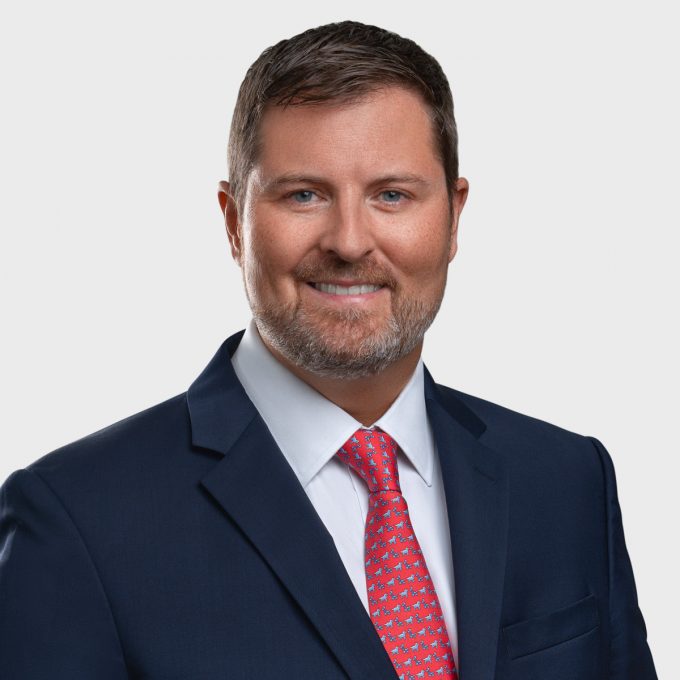From charitable organisations working to ensure children have access to education in developing countries, to tens of thousands of the world’s highest academic achievers competing for coveted spots at an Ivy League institution, the value of prioritising education is universally understood.
While some students are at the mercy of a “postcode lottery” (where they are restricted to the educational institutes in their local area), high-net-worth families have the freedom to be more selective when it comes to schooling.
The education of the next generation is one of the most frequent topics of conversation for our clients, many of whom are increasingly globalised families pursuing schooling for children in international centres of excellence, including the United States and United Kingdom.
The goal of an international education
As global travel has become increasingly normalised through the generations, the horizons for schooling internationally have continued to grow, and are a popular choice for wealthy families.
Switzerland, for example, is ranked as having the best education system in the world, attracting over 76,000 international students in 2024. In the US, the 2022/23 academic year saw a 12% increase in the number of international students in higher education compared to the prior year; the fastest growth rate in more than 40 years.
According to the latest census in England and Wales, international students accounted for more than 15% of students aged 18 and over in full-time education. And in 2021-22, a record number of students from China went to the United Kingdom for their studies.
Aside from the prestige, and enhanced career prospects, associated with attending a top echelon school – such as Cambridge, Oxford, Princeton, or Harvard – families see a broad range of additional benefits to studying abroad, ranging from technical competency to soft skills.
Many high-net-worth families see an international education as the ticket to global mobility and citizenship of the world. There is a consensus that international schooling helps to broaden horizons and build emotional intelligence – essentially contributing to making more well-rounded citizens of the future.
The role of the trustee
Alongside the opportunities presented by a global education, also lay challenges for families, particularly in cases where eastern-based families are seeing a western-educated next generation become more active, or in some cases, take over family affairs as the “great wealth transition” intensifies.
In such circumstances, the trustee can be an invaluable resource for families navigating these issues.
Supporting global mobility and the needs of international families is, of course, an essential component of effective trusteeship (and trusts services) – whether that is helping with multi-jurisdictional tax planning; establishing bespoke structures to fund the international education of future generations; or putting in place family governance structuring, communications, and collective learning capabilities to smooth sustainable wealth transfer and succession.
Many wealth creators, for instance, accept that not everyone in a family can be provided for financially perpetually, but see that wealth can ensure the very best education (including MBAs etc.) – provided through mechanisms such as educational trusts.
But trustees also have a wider role to play – particularly when a trustee, or other professional adviser, shares the cultural background of the client. It has been proven time and again that listening carefully and showing empathy are key to finding the best solutions.
Much can also be said for sharing knowledge outside and beyond the professional spheres of tax and law. Whether it is discussing experiences of dealing with a child in education, or simply discussing books or films to encourage communication between parents and children – building understanding is essential.
After all, education, higher education in particular, can be a complex and divisive subject for families. Issues that families can often grapple with include: which college or university is ‘best’; navigating tensions when a child has a preference for a perceived ‘soft’ subject (arts and humanities) and parents prefer ‘hard’ vocational subjects (maths, sciences, engineering etc.); cultural challenges when a western educated child returns to the family and ‘disrupts’ the domestic status quo with new ideas and opinions; new relationships and potentially mixed-marriages when a relationship blossoms at an international university.
The trustee must be able to help triage these issues – even where that means unseen (and, yes, sometimes unpaid) work. It is essential to safeguarding not just the client relationship, but the family relationships themselves.
This is equally true of a family’s wider ecosystem of advisers. With education so high on the agenda for wealthy families, the best advisers will focus attention on building out their professional networks to ensure they are able to provide access to educational consultancy and resources and position themselves to help aspiring families ‘go global’ through their children’s international education – even as they help to navigate the complicated terrain of cross-generational and cross-cultural wealth succession.
Without a doubt international education will continue to be a marker of success for wealthy families. Likewise, experience of international education is an essential component of the well-rounded advisor.










